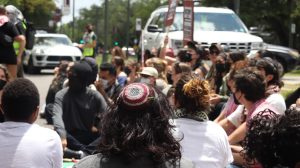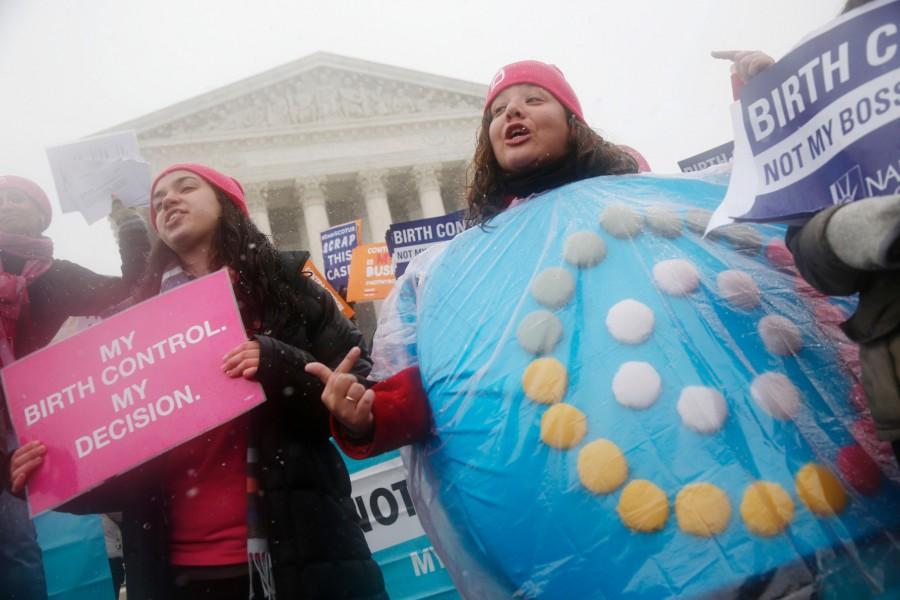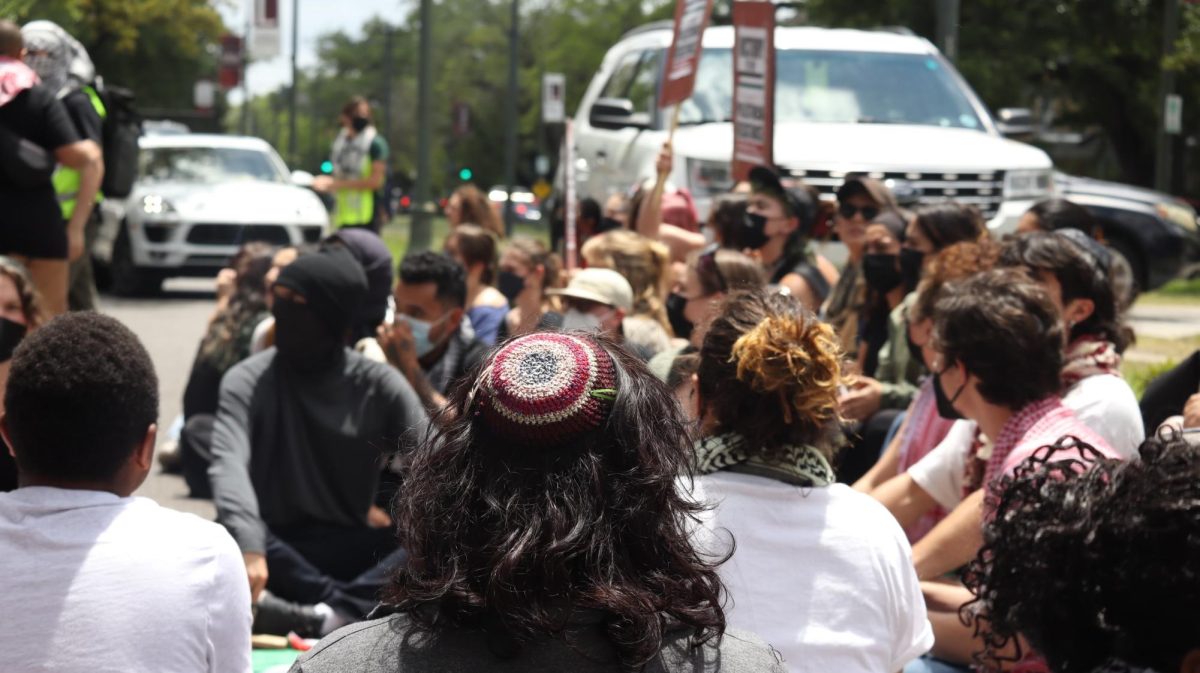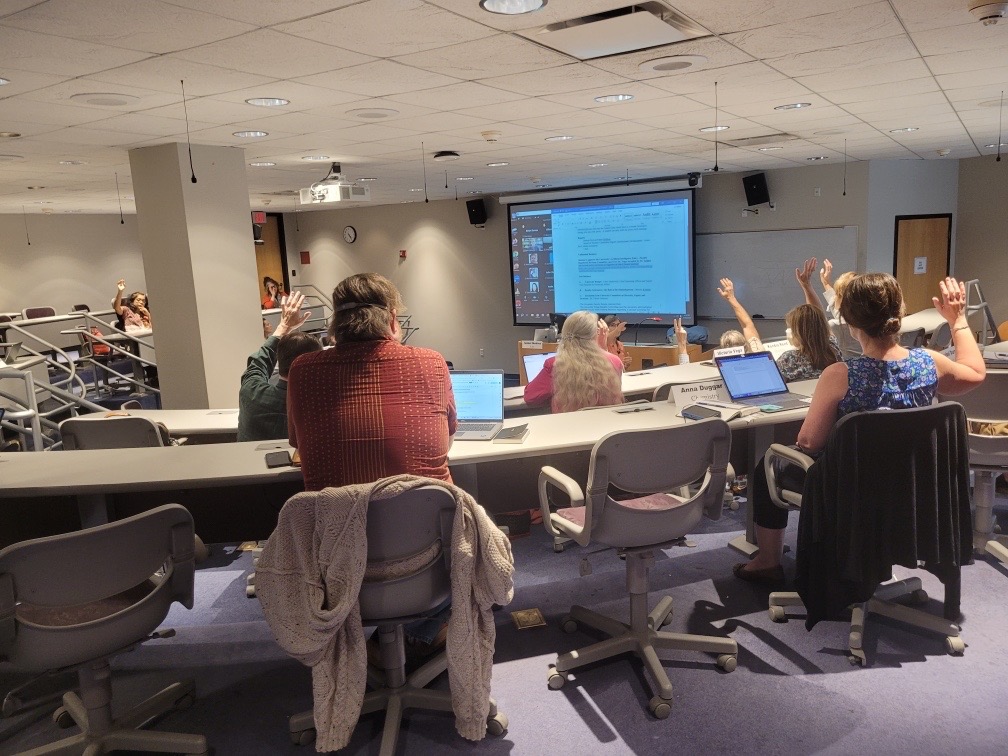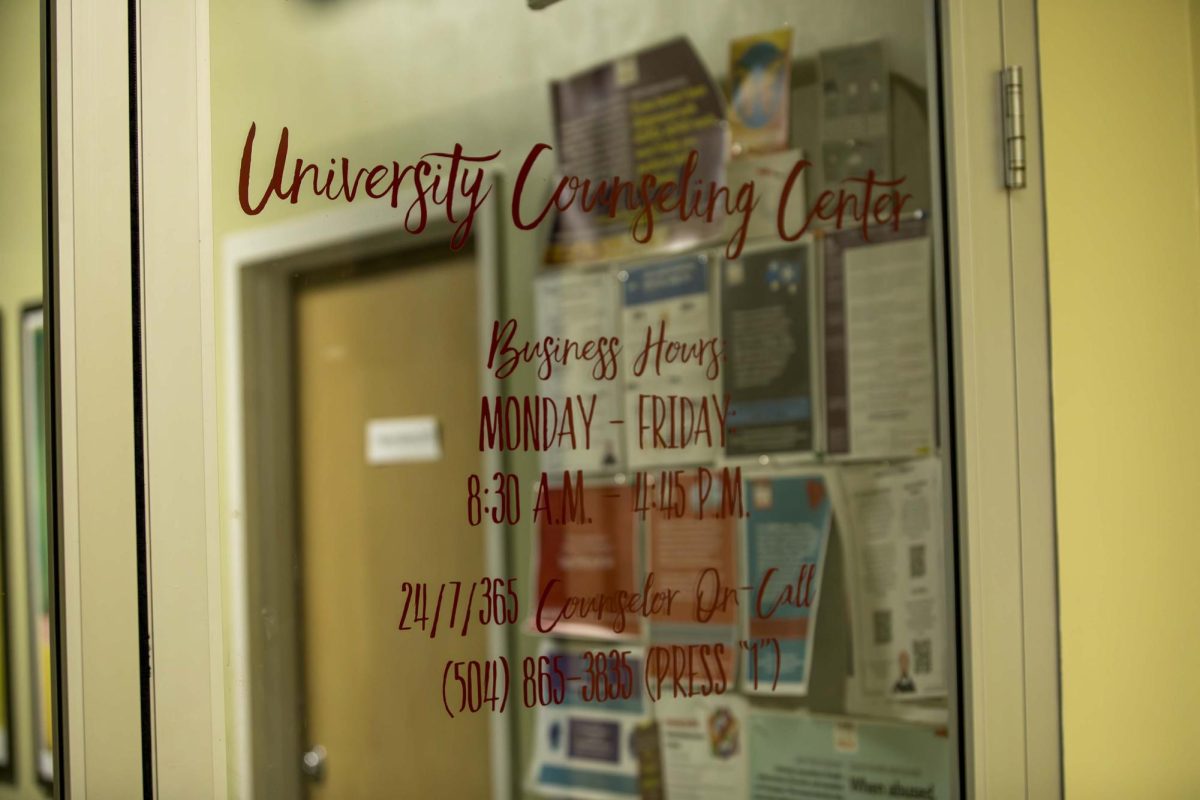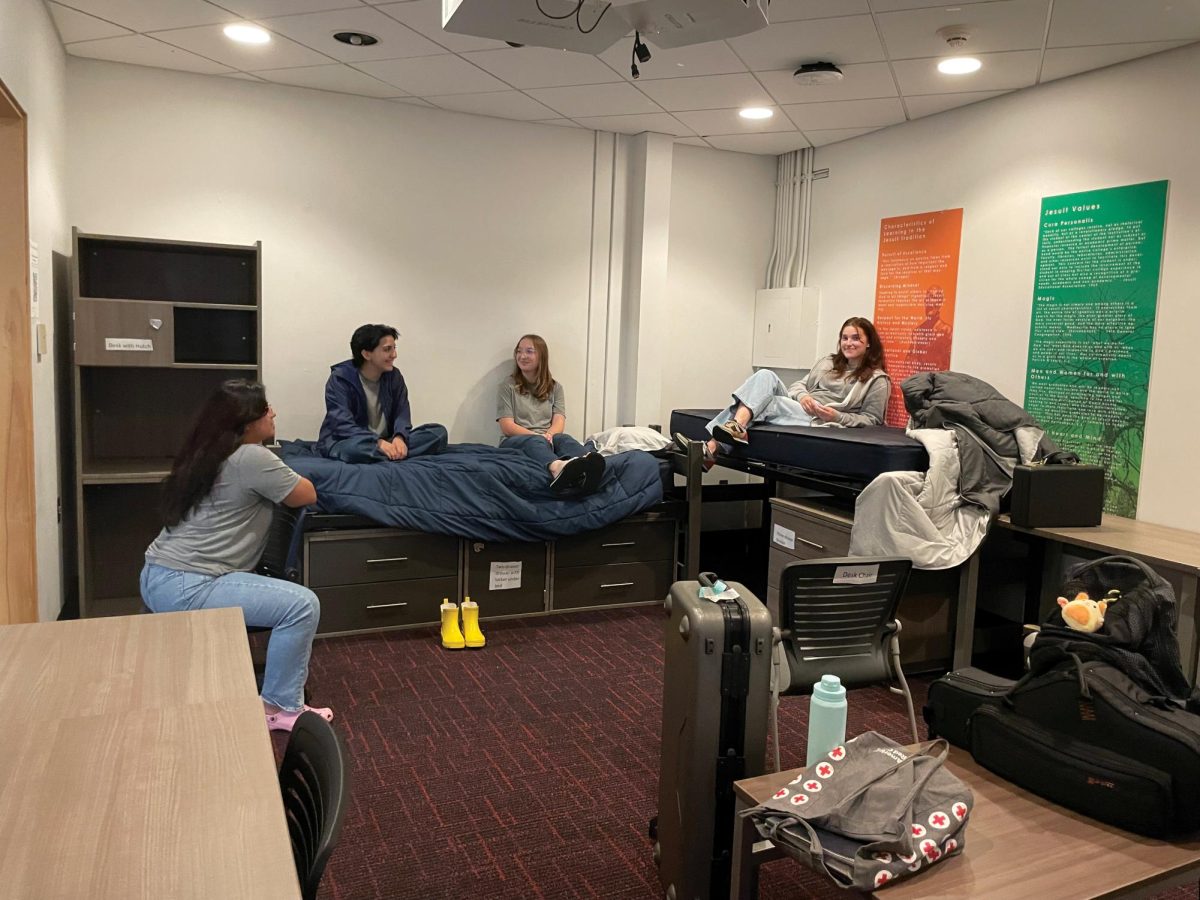WASHINGTON (AP) – The Supreme Court seemed divided March 25 over whether employers’ religious beliefs can free them from a part of the new health care law that requires they provide coverage of birth control for employees at no extra charge.
The case involves family-owned companies that provide health insurance to their employees, but object to covering certain methods of birth control that they say can work after conception, in violation of their religious beliefs.
The fast-paced 90-minute argument at the court touched on abortion and the health care law in general, but focused mainly on the question of whether profit-making businesses have religious rights. The justices have never ruled that way before, but the companies in the Supreme Court case and their supporters argue that a 1993 federal law on religious freedom extends to businesses as well as individuals.
The Obama administration and its supporters say a Supreme Court ruling in favor of the businesses also could undermine laws governing immunizations, Social Security taxes and minimum wages.
The outcome could turn on the views of Justice Anthony Kennedy, often the decisive vote. Kennedy voiced concerns both about the rights of female employees and the business owners. Kennedy asked what rights would women have if their employers ordered them to wear burkas, a full-length robe commonly worn by conservative Islamic women.
Later in the 90-minute argument, he seemed troubled about how the logic of the government’s argument would apply to abortions.
“A profit corporation could be forced in principle to pay for abortions,” Kennedy said. “Your reasoning would permit it.”






